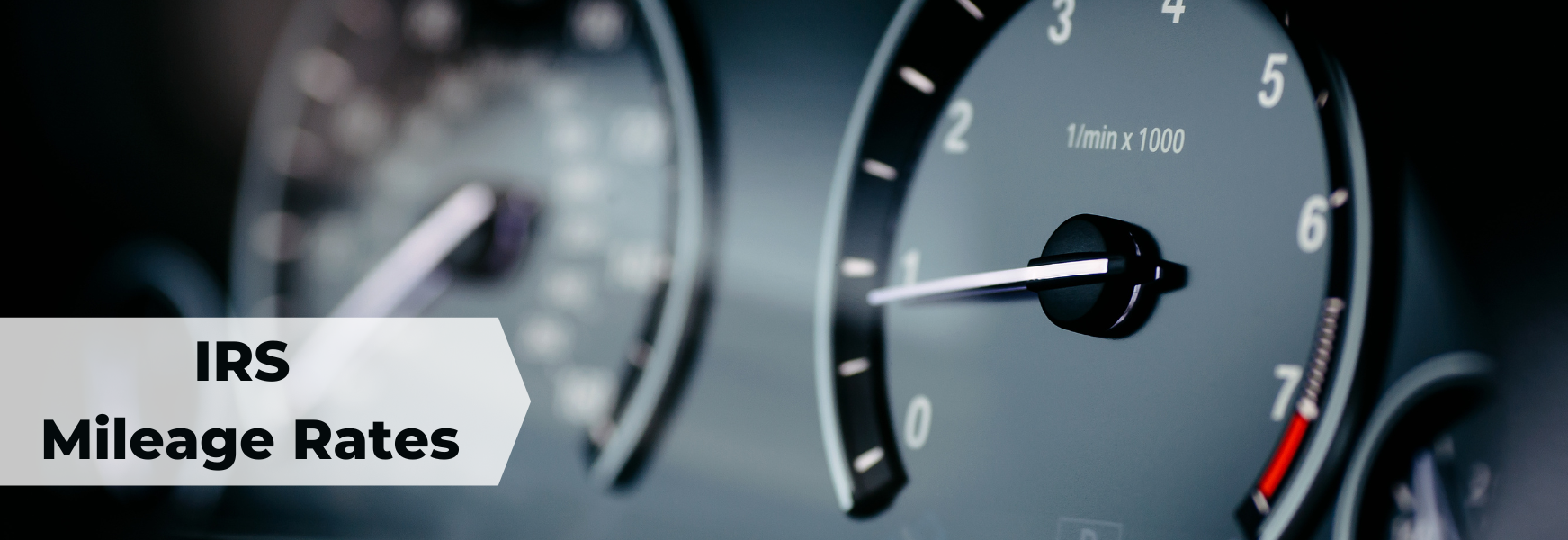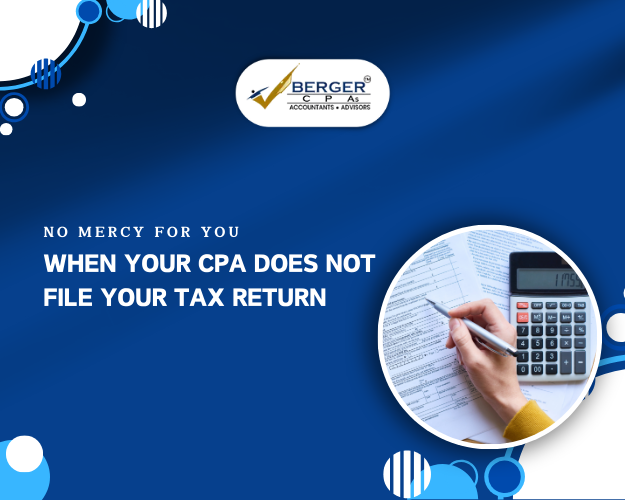
Are You Cheating Yourself by Using IRS Mileage Rates?
Bought a new SUV and want to know if you qualify for IRS mileage rates. Before that, let us learn what Standard Mileage Rates the Internal Revenue Service (IRS) sets. It can be defined as the default cost per mile fixed by the IRS for taxpayers. who can deduct the mileage expenses of their personal vehicle for business, medical or charitable purposes?
Say for example you have bought a new SUV at a price of $50,000, qualifying for both expensing and bonus depreciation under Section 179 of the IRC, and drove 15,000 miles in a year of which 87% are business miles, you can qualify for the IRS mileage rate. Let’s say you decide to sell the SUV after three years, put forth these three questions:
- Would you cheat yourself by using the mileage rates?
- If you cheated yourself, how badly did you cheat yourself?
- Is there an easy way to know what’s best?
The answer is, yes you would cheat yourself in a pretty bad way with a loss of $6.215 in after-tax cash. If you want to know, what is the best use for the calculator, it helps achieve the following goals:
- It calculates the deduction, depreciation, and ownership cost as in Section 170 over the ownership period
- It calculates the mileage rate deductions over the ownership period
- It calculates the $9.788 IRS mileage rate depreciation residing within the mileage rate.
- It calculates the profit/loss on the sale
- Appropriate tax rates are applied to the profit/loss, compare the numbers and deliver a presentation on what is better and how much after-tax dollars you get.
IRS mileage rate eligibility
IRS mileage rates do not apply to everyone. You do not qualify for the IRS mileage rate if your vehicle has the following:
- If you have five or more vehicles on road simultaneously
- Claimed section 170 expensing on the vehicle
- Claimed a depreciation on the vehicle apart from straight-line depreciation over the estimated useful life of the vehicle.
- Use of the vehicle for the United States Postal Service to deliver mail in rural areas.
If the vehicle is corporate-owned, the mileage rates are not deducted. But the mileage rates can be reimbursed if an employee uses it as a personal vehicle.
In a partnership firm, a partner cannot deduct IRS mileage rates on his/her income tax return even if the expenses were incurred in furtherance of the business. The IRS mileage rate method cannot be used on partnership vehicles. If the partner pays certain partnership expenses from their account then the partner can avail of the Section 162 deduction amount for such expenses. In this situation, the partner is claiming deductions as a self-employed individual for using standard mileage rates.
When using the mileage method you can switch to the actual expense method under the special rule.

 Client Login
Client Login





